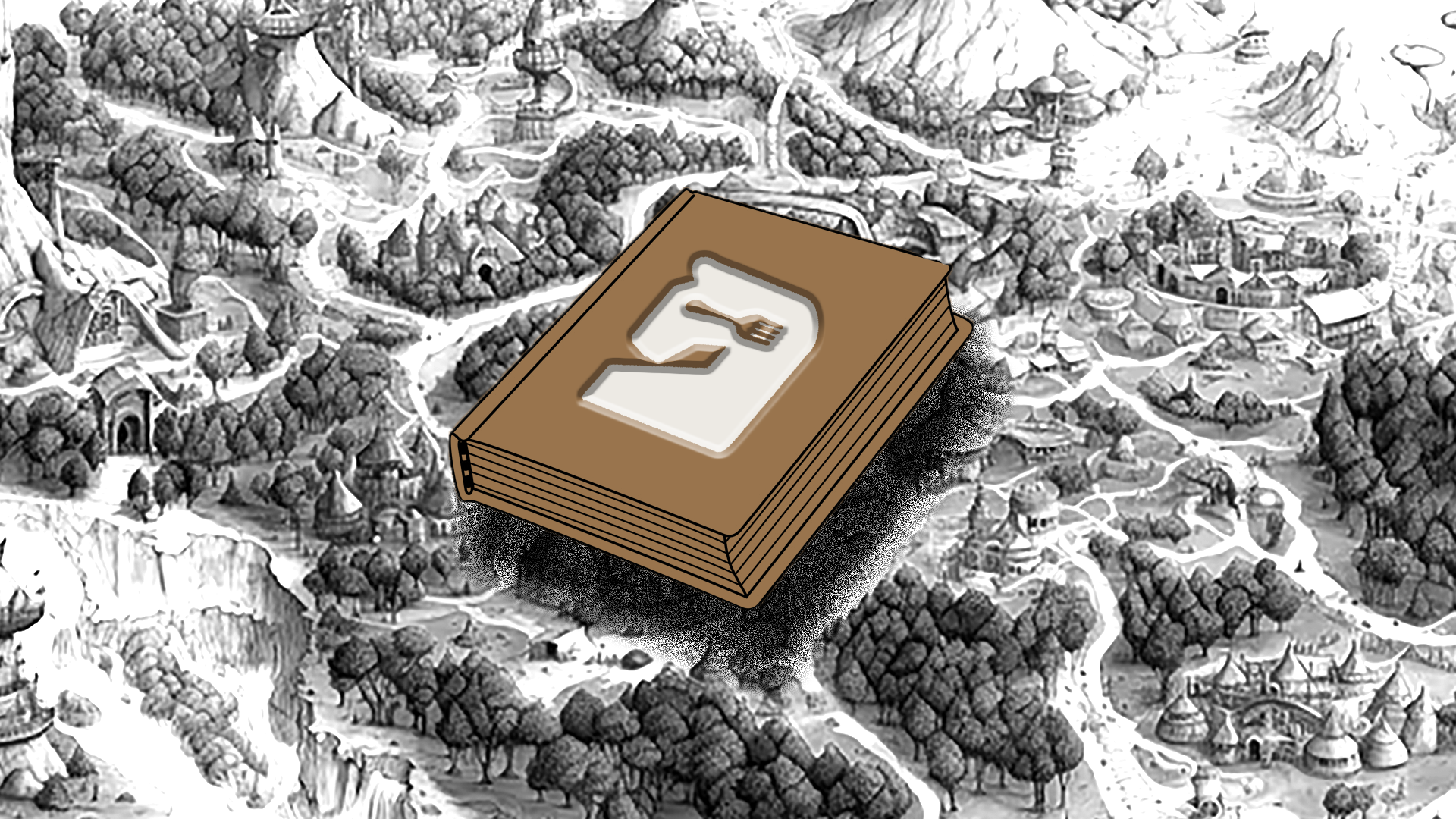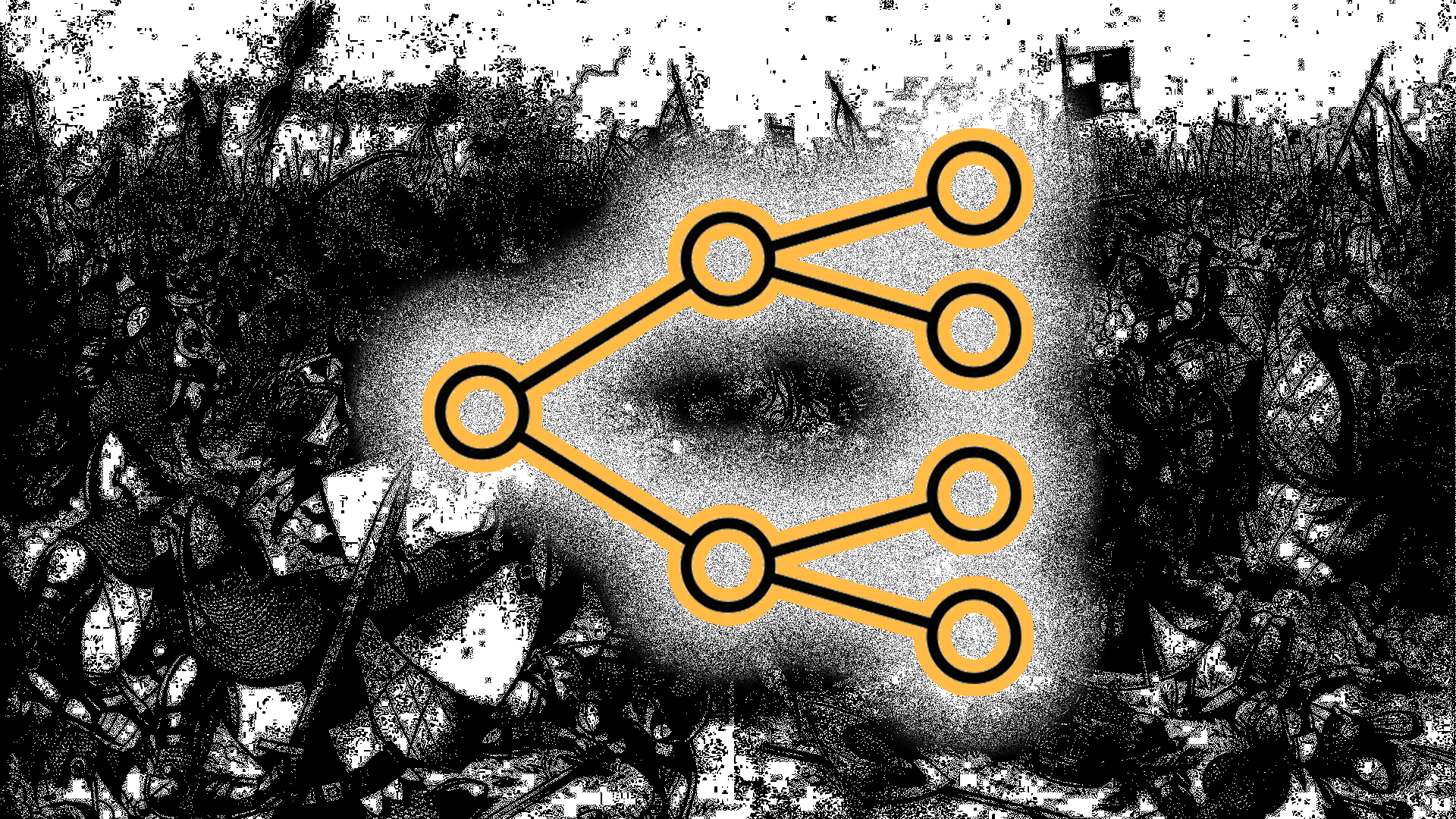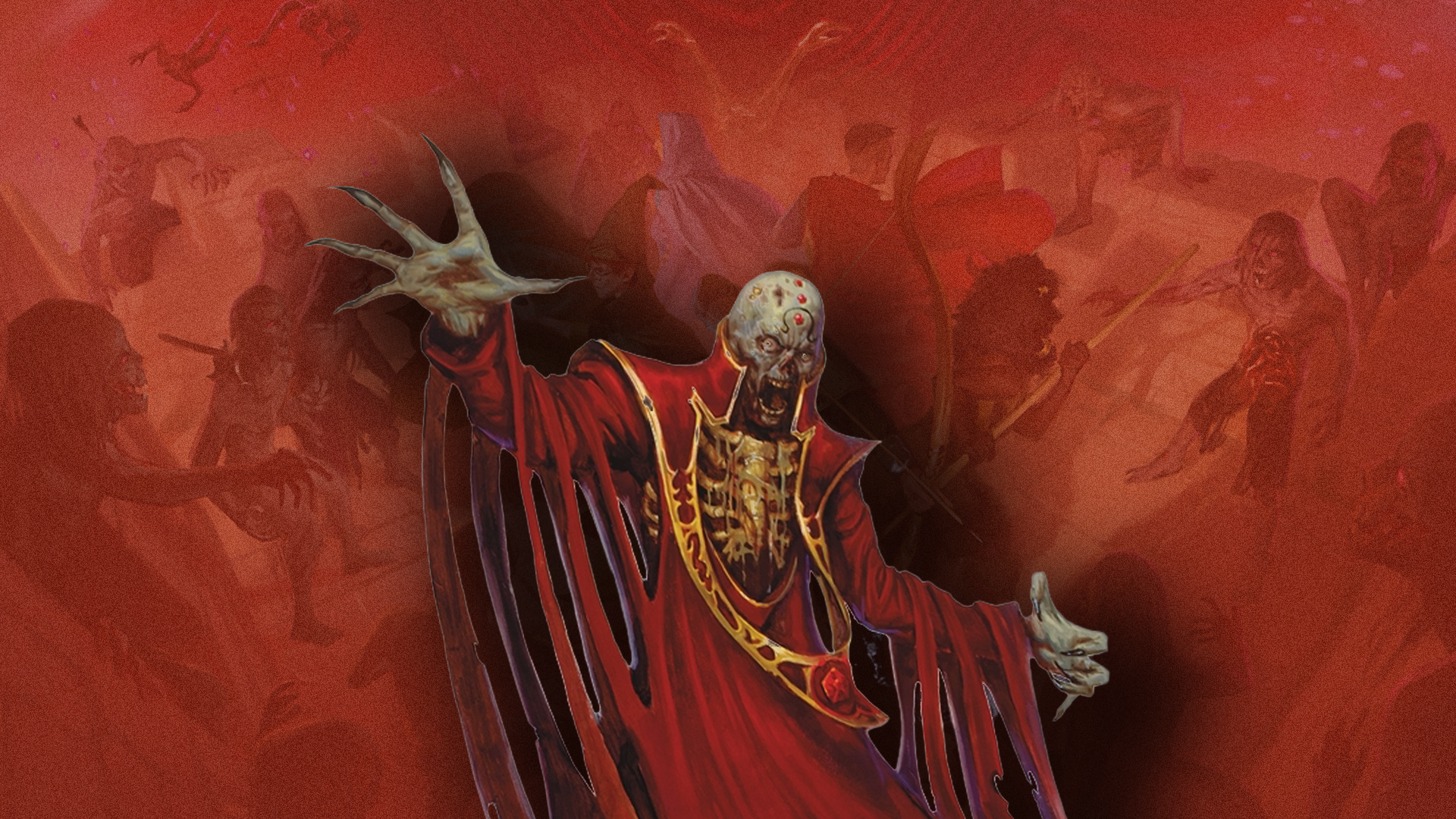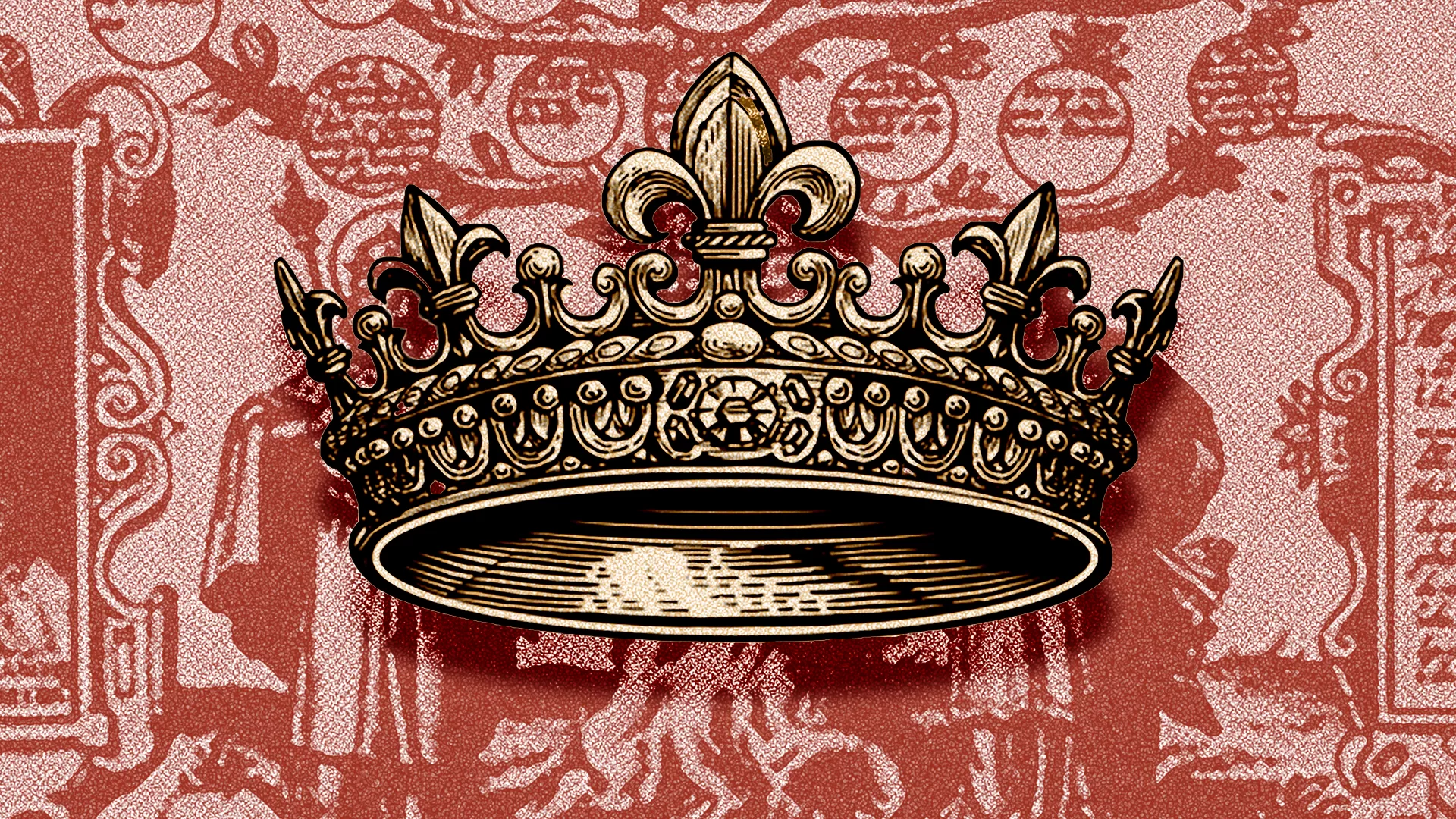After many one-shots, campaigns, and countless hours planning storylines can put anyone in a writers block. Writing tropes are there to help guide and give an instant recognition of what is about to go down. Starting in a tavern (duh)? Most players will realize the situation they are in just from the setting alone, giving not only ways to get information quick, but roleplaying opportunities for your players.
So what is the difference between a well written trope and one you have heard a million times? For us, it is the idea that they will be aware of the situation they are in and helps guide them in a direction without railroading. A common trope is Chekhov’s Gun, which states that if an item (like a gun) is introduced, it should be used in the near future.
“If you say in the first chapter that there is a rifle hanging on the wall, in the second or third chapter it absolutely must go off. If it’s not going to be fired, it shouldn’t be hanging there.”
— Anton Chekhov (From S. Shchukin, Memoirs. 1911.)
Now while this trope is used often, it’s a classic. While we do not recommend just placing it on a table just ready for any player to try and grab it with a slight of hand check, there are ways that it can be done tastefully. Maybe have it hanging on the wall of a throne room, a mighty weapon that is guarded but valuable to your party. They know what they need and where it is located, now it is up to your party to figure out a way to get it.
That is just one example, and the tropes we will soon head into have a few more levels of depth. The more ways a story can go can lead to the appearance of freedom while still leading your players in the “right” direction.
Top Five Tropes for Your Next Game
Imbalanced Dynamics
Appearances, relationships, and in general life may not always be as they seem. Creating a “gap” between two items/ideals can bring a sense of closeness to one another. Are they actually on opposite spectrums or just maybe it works so well because it creates a closed loop, connecting the two by both ends.
Bringing this trope into your game can cover a range of genres. We always love a blooming romance between the high-level and respected leader towards a low-level rookie apprentice. Or have the mysterious noble who seemed weak and frail on the outside transform back into their true, powerful form. What we are trying to say is, there are many variables to play around with.
It should not be too hard to come up with ideas on the spot. It also does not just have to be “power” dynamics. Emotions and characteristics all can be factors when creating an imbalanced dynamic.
Drunken Summoning Spell
If you are looking for more of a comedy aspect, try the drunken summoning trope! This will follow your party as your group are either transported, or if that is not your forte, something has been summoned near your party. This can send your players across realms, into distant lands, or wherever your DM might deem appropiate.
The Chosen One’s Drunken Summoning Spell Trope goes as follows. In a drunken stupor, a being of great magic has made a mistake and have transported your party into places unknown. From here, a DM can even use existing and veteran players to help refresh the setting. Feeling burned out? Transportation to wondrous lands may be your solution!
The Chosen Who Wasn’t
Whether you are Harry Potter, Percy Jackson, or Paul Atreides, being a chosen one comes with a lot of responsibility. In most cases, the chosen one is destined to be the one to defeat evil. In even rarer cases, the chosen one is the ONLY one that can defeat the BBEG. The mental capacity and becoming a leader can stress out any adventurer.
So now, the weight of the world is on your player’s shoulder. That is, until it isn’t. One of the biggest twists you can give players is making them seem special. Why would they not be? They are apart of your game, so of course the DM would choose a group or a specific person who is actively playing the game to be said chosen. This is when, as a DM, you flip the switch.
In our opinion, a great way to get this going would be later on in a campaign/one-shot. Creating a “sphere” of knowledge will create a false sense of truth, letting them learn all about the chosen and their responsibilities. Then, even when the switch has been flipped, they still have knowledge about the going-ons of the situation. To make the game more exciting from there, we would first recommend making the choice on whether it is actually possible for your party to defeat the BBEG.
As mentioned earlier, sometimes in stories ONLY the chosen one can defeat the evil, but this does not have to be YOUR story. If you like the first option, then there may be a hunt for the real chosen. Having your players able to come together to not only find but deliver the chosen to fight the BBEG (with help from the players) can be a whole and eventful journey in itself.
Now, what if you and your players want to turn against fate? As a DM, you can obviously give them that solution. Players love loopholes, and not being picked as the “chosen” may give them enough motivation to defeat the BBEG with sheer determination.
The Questionable Utopia
The DM has just announced the arrival of the players to a distant utopia. The city seems to be thriving and the people seem… happy? There have been multiple complaints that there are secrets to the city. From a quick look around, the players seem to find a city with those who are content (with those who seem more to themselves than suspicious).
Digging deeper will soon reveal the questionable peace of these lands. As always, it is up to the DM to grind on the specifics. A really influential story, The Ones Who Walk Away from Omelas” by Ursula K. Le Guin, would be a perfect example. Following the story, there is a town that can not be described as anything but blissful. There are no rulers, no soldiers, just peace and happiness filled with a community that are cultured and sophisticated.
You soon find out that the happiness of all of these people seem to fall onto the shoulders of an innocent child. Those who live there one day meet the child, living in atrocious conditions that usually disgust the residents, leading to two options. They can walk away from the city (title reference has appeared), or they can continue to live their lives, ignoring the one severe injustice. With this child’s suffering, the city can thrive. It concludes, with no third option of saving the child, since helping would destroy the peace.
Transferring this trope to Dungeons & Dragons campaign is easy enough. Think of it as a one for all, or lesser suffering for the greater cause. There has to be the “questionable” aspect. We can agree that no matter what, suffering should never be justified. It does become more entangled when the one person who is suffering are the only reason thousands of others can live unlike them. What do your players do in that situation? Do they help one innocent for the benefit of only one person when thousands could be involved?
The Sealed Evil in a Can
This one, can be a very fun trope to run with your players. As the name implies, you have some form of evil in a can. It can be anything that can easily be carried, but a mason jar or a can just has a magical whimsy about it. With the potential BBEG in a small container your players must travel a great distance to officially take care of the “problem”.
If we take a moment to think about this, it really aligns with The Lord of the Rings storyline. Taking a sacred and small object into potentially unknown lands, getting into fights along the way, all to dispose of a great evil. The ring in this instance would just be a powerful being, literally, sealed away into a jar. Having those who follow the BBEG is a great way to push random encounters, with them popping up along your players journey.
This helps set instant stakes and clear goals for your party. Do not lose the jar, do not let anyone else try and take the jar. Most importantly, do not drop the container!
Closing Thoughts
While any one trope can be an exciting add on, feel free to mix the storylines up. Maybe the sealed evil in the jar trope is the result of the drunken summoner, who was just trying to impress their superior (unbalanced dynamics). As a reminder, we want to mention that none of these plot points should be a outline. Your story will bound to push back on parameters of the context. Enjoy the ride and use these tropes as starting points to get the real adventure going.









